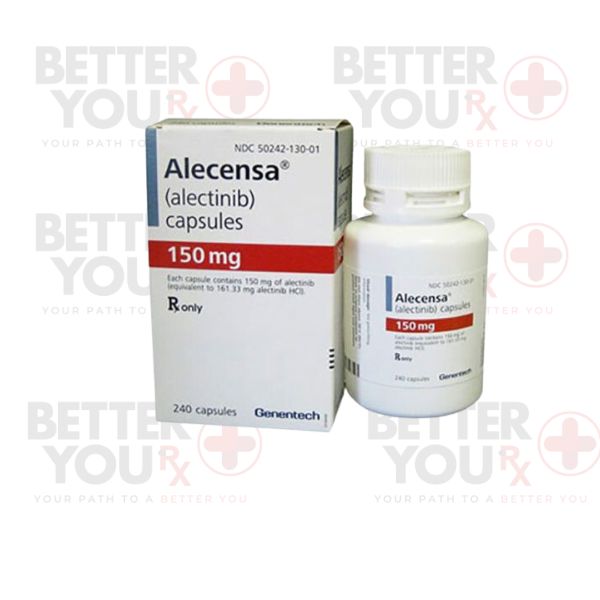| Usage |
Usage
Before using Aldara Cream, carefully read the Patient Information Leaflet provided by your pharmacist. If you have any questions, seek advice from your doctor or pharmacist.
Apply this medication exclusively to the skin. Administer it to the affected area(s) as instructed by your doctor, usually before bedtime. For single-use packets, use a new one each time. If using the pump, follow the priming instructions before first use.
Before application, cleanse your hands and the treatment area with mild soap and water. Dry thoroughly. Gently apply a thin layer of the medication to the affected area(s) as directed, then massage it in. After each application, cleanse your hands using soap and water. Avoid covering the treated area with bandages or waterproof materials; instead, opt for cotton gauze or underwear if treating the genital area. Leave the cream on overnight, typically around 8 hours for actinic keratoses or basal cell carcinoma, and 6 to 10 hours for warts. Refrain from showering or bathing during this time. In the morning, cleanse the treated area with soap and water to remove the cream. Do not exceed the prescribed duration of application.
The dosage and treatment duration hinge on your medical condition and response. For actinic keratoses, apply twice a week for 16 weeks. For superficial basal cell carcinoma, apply 5 times a week for 6 weeks. For warts, apply 3 times a week for up to 16 weeks. Consistent use maximizes benefits. To remember, consider marking your calendar.
Avoid application in the eyes, nose, mouth, rectum, or vagina. Flush with water if contact occurs. Notify your doctor immediately if irritation arises.
Should your condition persist or worsen, or if new growths appear during treatment, inform your doctor.
|
| Side Effects |
Side Effects
-Possible reactions in the treatment area encompass redness, swelling, itching, burning, pain/tenderness, skin thickening/hardening, peeling/flaking/scabbing/crusting, or release of clear fluid. Changes in skin color might also arise and could be enduring. If these effects persist or worsen, inform your doctor or pharmacist promptly.
For severe skin reactions (bleeding, ulceration, blistering), discontinuation of imiquimod may be necessary for skin healing. Adhere to your doctor's guidance.
Flu-like symptoms (fever, fatigue, muscle aches), nasal congestion, cough, diarrhea, nausea, and back pain are additional possibilities. Notify your doctor or pharmacist if these effects endure or worsen.
Remember, your doctor prescribed this medication as they judged the benefits outweigh the potential risks. Most users experience minimal side effects.
Immediately report serious side effects to your doctor, including swollen lymph nodes, new or unusual skin growths, chest pain, and urination difficulties.
Though rare, a severe allergic reaction is possible. Seek immediate medical help if you experience symptoms like rash, itching/swelling (especially of the face/tongue/throat), severe dizziness, or breathing difficulties.
This list doesn't encompass all possible side effects. If you observe other effects not listed, reach out to your doctor or pharmacist.
|
| Storage |
Storage
-Store the US product either in the refrigerator or at room temperature. Store the Canadian product at room temperature, avoiding freezing. Discard any medication that has been frozen. Ensure that all medications are stored in a location that is inaccessible to both children and pets.
Dispose of medications properly – refrain from flushing them down the toilet or pouring them into drains unless specifically instructed. When the product is expired or no longer needed, ensure appropriate disposal through your pharmacist or local waste disposal service.
|
| Precautions |
Precautions
-Before using Aldara Cream (Imiquimod), notify your doctor or pharmacist about any allergies to the medication or other substances. This product may contain inactive ingredients that could trigger allergic reactions or other issues. For more information, consult your pharmacist.
Before starting this medication, disclose your medical history to your doctor or pharmacist, particularly if you have recently had skin surgery in the treatment area, immune system disorders (including HIV infection), complications following bone marrow or organ transplants (chronic graft-versus-host disease), or autoimmune diseases (like rheumatoid arthritis, scleroderma, lupus).
This medication can heighten your sensitivity to sunlight. Limit sun exposure, avoid tanning booths and sunlamps, and wear protective clothing and sunscreen outdoors. Alert your doctor if you experience sunburn or skin blisters/redness.
Genital/anal warts are caused by the human papillomavirus (HPV). As imiquimod doesn't eliminate the virus but aids in wart removal, new warts might appear during treatment. Infected skin areas with HPV can also potentially transmit the virus to sexual partners.
|





Reviews
There are no reviews yet.